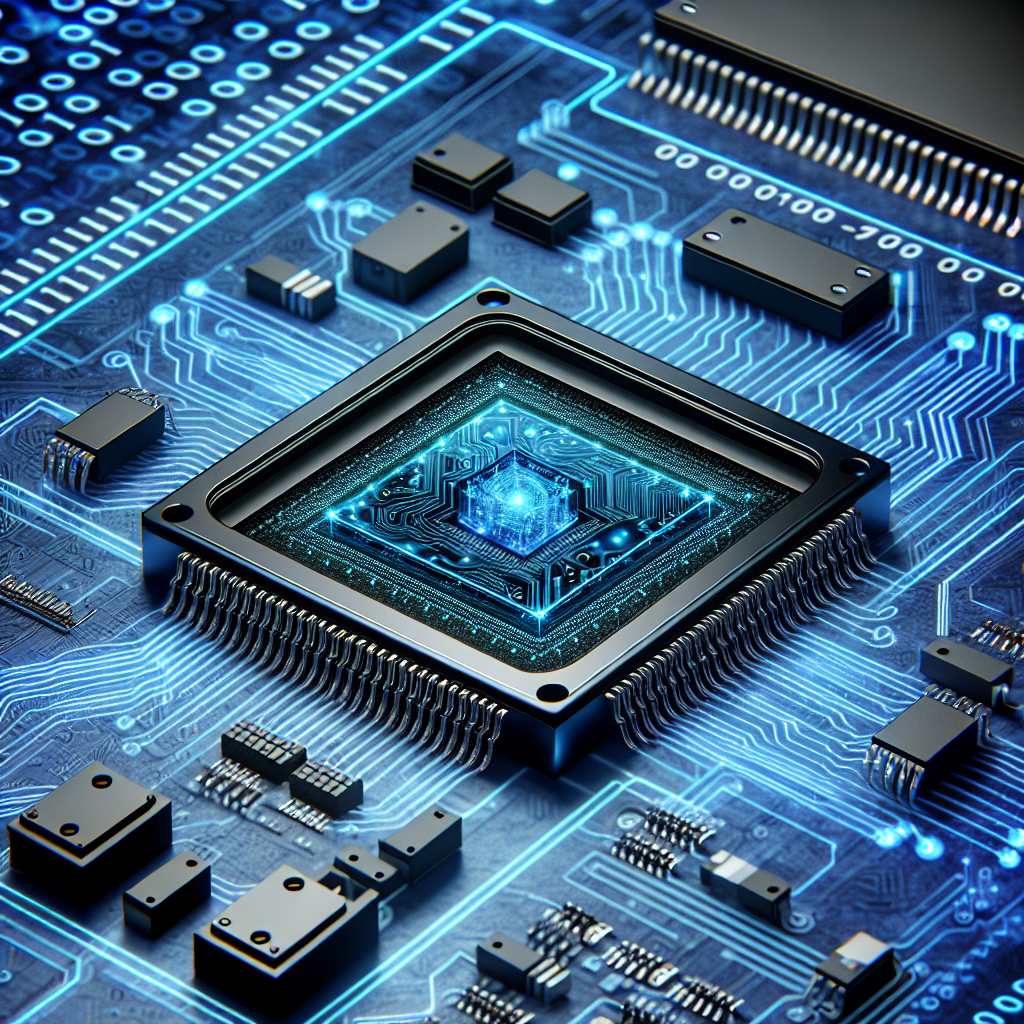Trump's Semiconductor Tariff Rollout: Flexibility and Trade Tensions
President Donald Trump announced upcoming semiconductor tariffs, possibly impacting smartphones and computers. Flexibility is hinted, yet the tech sector could face new duties. Despite tariff exclusions, the conflict escalates with market swings. Critics urge clearer policies as economic risks loom.

President Donald Trump has unveiled plans to announce new tariffs on imported semiconductors in the coming week. This move suggests that even though smartphones and computers have been temporarily exempted from reciprocal tariffs, they may soon face fiscal pressures as part of Trump's campaign to overhaul semiconductor trade.
During a trip back to Washington, Trump elaborated on the necessity to produce semiconductors domestically and signaled potential flexibility in tariff applications. Meanwhile, a national security trade probe has been announced to scrutinize the semiconductor industry and the broader electronics supply chain.
Market volatility has risen, with Wall Street experiencing significant fluctuations comparable to the early pandemic months. The administration's tariff strategy, including potential new levies on smartphones and computers, prompts concerns from market analysts and political figures who suggest reevaluation to mitigate economic disruptions.
(With inputs from agencies.)
- READ MORE ON:
- Trump
- seminconductors
- tariffs
- trade
- technology
- smartphones
- WallStreet
- China
- economy
- flexibility
ALSO READ
Revolutionizing Forest Protection: SAR Technology's Unyielding Eye in the Sky
Railway Technology Overhaul: Ensuring Safer Tracks
Pulse 2: Revolutionizing Affordable Smartphones in India
Pioneering IVF Technology Sets New Benchmark for Jersey Cattle Breeding in Himachal Pradesh
Arunachal's New Policing Era: Strengthening Security Through Technology










